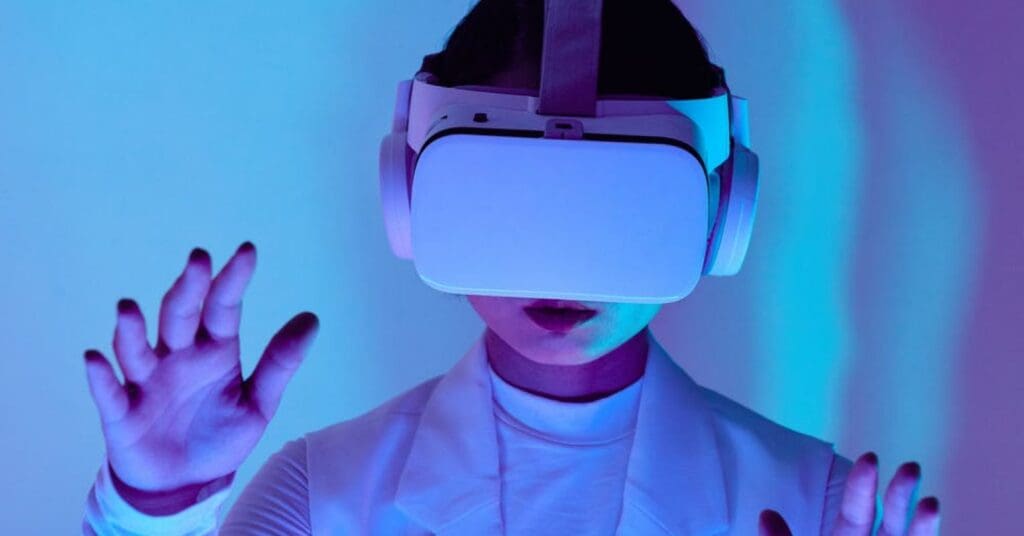
Metaverse’s Impact on Psychological Well-being: Debunking Myths
There have been numerous turning points in human history that significantly impact our lives. The recent emergence of Metaverse technology appears to be one such pivotal moment.
With the renaming of Facebook’s umbrella company to Meta and Microsoft’s strategic moves, such as the acquisition of game company Activision-Blizzard, it’s evident that the importance of the metaverse is on the rise.

However, large corporations, driven by their own interests, have a history of overlooking issues that pose threats to people’s well-being.
A study, initially kept secret, reveals that Instagram, a platform owned by Meta, contributes to increased levels of anxiety and depression among young individuals. This underscores the tendency of major companies to prioritize profits over potential harm, a pattern that may extend to the metaverse.
Considering the potential downsides, one may wonder about the implications of the metaverse replacing the real world.
How might long-term immersion in the virtual realm affect psychological and physical health? The pandemic has already exacerbated symptoms of depression and anxiety among children and adolescents, emphasizing the crucial need for human interaction.

The isolation experienced during the pandemic, along with reduced physical interaction, is believed to contribute to these mental health challenges.
Cognitive Behavioral Therapist Peter Klein suggests that online interactions in the metaverse could potentially help individuals with social phobia, offering a means for them to socialize more comfortably. On the other hand, the virtualization of reality may lead to psychological comfort, potentially deterring individuals from venturing into the real world altogether.
From a physical perspective, prolonged periods of immobility associated with extensive metaverse use may result in decreased physical abilities and an increased risk of physical health issues.
Big tech companies, known for contributing to feelings of anxiety and insecurity, are now presenting the metaverse as an escape from these issues. While the impact of the metaverse on psychological well-being remains uncertain, the prospect of a future dominated by corporate-controlled virtual worlds is indeed disconcerting.
You may also like this content
- The Metaverse: What it is, How to Enter, and Its Potential Impact
- Metaverse 5 Reasons Why its Awesome
- Metaverse Coins Buying Guide
Follow us on TWITTER (X) and be instantly informed about the latest developments…












